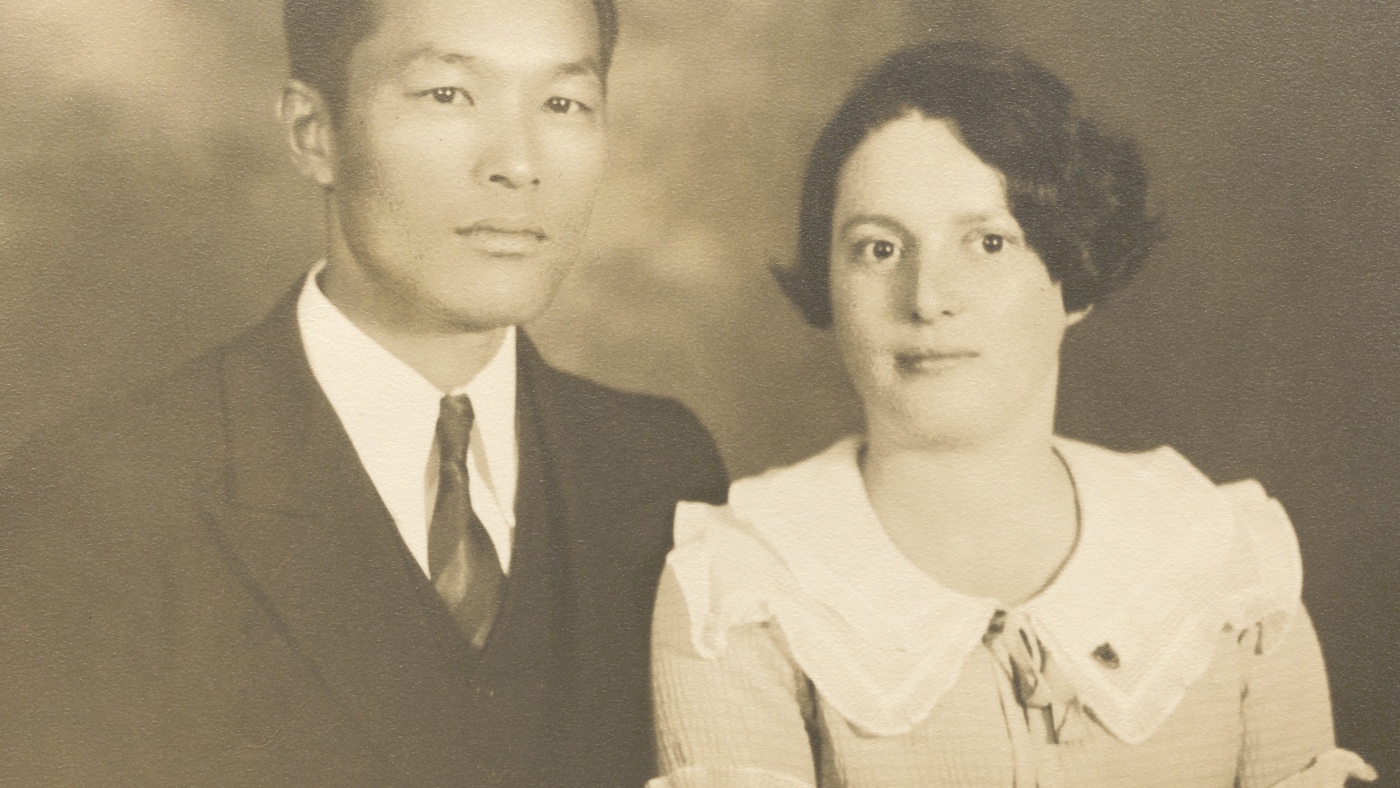
"Elaine Buchman Yoneda chose to go to a concentration camp with her half-Japanese son, Tommy, leaving her white daughter, Joyce, behind."
"After the camps closed, Elaine and her husband campaigned for reparations, but later questioned if they should have pushed back harder."
"Slater states, 'I think it was understandably hard for them to make peace with some of the choices that they made, given that there were no good choices at the moment.'"
"Slater describes Elaine's state of mind as one of feeling like she had nowhere to turn, knowing she couldn't keep her son out of Manzanar."
In 1942, the U.S. government ordered the removal of Japanese Americans after Pearl Harbor, leading to the incarceration of families like Elaine Buchman Yoneda's. Elaine chose to go to Manzanar with her half-Japanese son while her white daughter remained behind. After the war, Elaine and her husband sought reparations but questioned their compliance with the internment order. The emotional conflict they felt stemmed from recognizing the absence of good choices during the crisis, as explained by Tracy Slater, the author of a book about this experience.
Read at www.npr.org
Unable to calculate read time
Collection
[
|
...
]